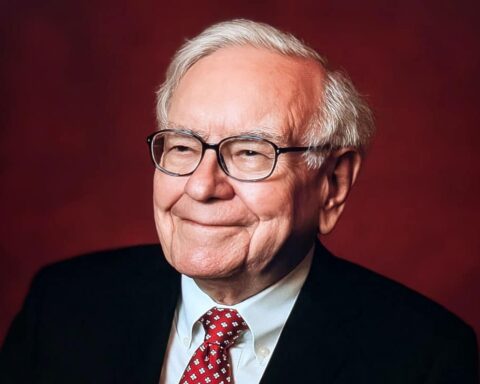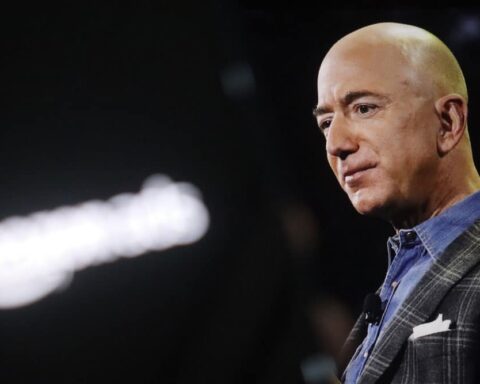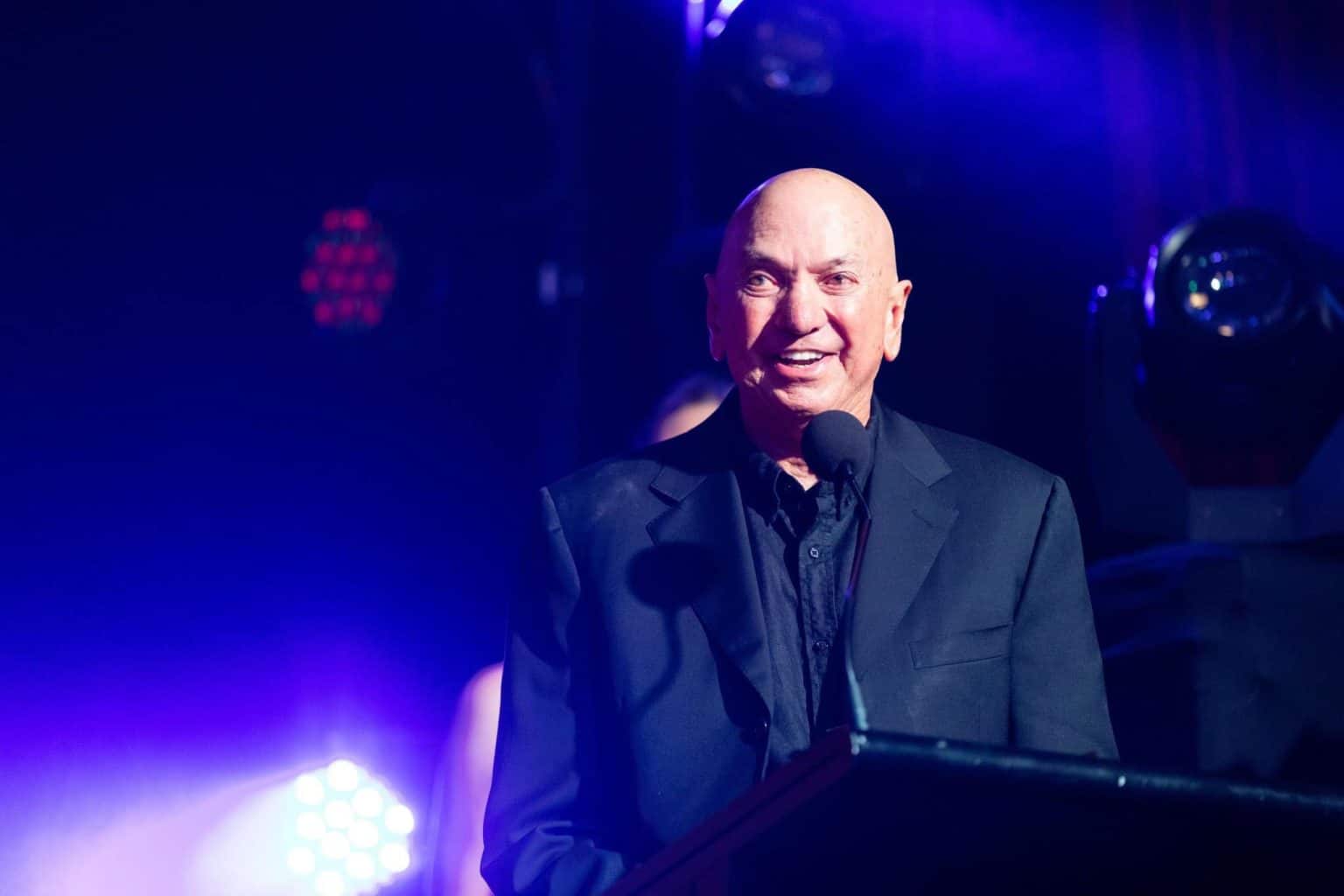Struggling with Declining Earnings and Legal Challenges, CEO Bill Anderson Faces Growing Calls for Bold Action
Bayer, the German pharmaceutical and agricultural giant, is under mounting pressure from investors to hasten its turnaround strategy following a sharp profit warning earlier this week. With its share price plunging to a 20-year low and investor confidence waning, the company’s leadership is being called to deliver more decisive actions to revitalize its business.
A Profit Warning Sparks Investor Frustration
The announcement of weakening demand from farmers leading to lower projected earnings in 2024 caused Bayer’s shares to plummet by 14.5%, exacerbating a long trend of underperformance. The decline adds to a litany of issues stemming from the company’s controversial $63 billion acquisition of Monsanto in 2018, a deal that has saddled Bayer with mounting debt and extensive legal battles over the alleged cancer risks of Monsanto’s Roundup weedkiller.
CEO Bill Anderson, who took the helm earlier this year, has rolled out initial cost-cutting measures, including managerial reductions and streamlined decision-making processes. However, plans to dismantle Bayer’s diversified business units have been put on hold, leaving some investors questioning the speed and scope of the company’s restructuring efforts.
Investor Patience Wears Thin
Deka Investment, one of Bayer’s top 20 shareholders, has voiced dissatisfaction with the current pace of change. Ingo Speich, Deka’s head of sustainability and corporate governance, emphasized the urgency of seeing tangible results in either cost savings or revenue growth, noting that shareholders’ patience with Bayer’s leadership is dwindling.
Similar sentiments were echoed by Markus Manns, portfolio manager at Union Investment. While Manns acknowledged Anderson’s efforts to cut costs, he highlighted the pressing need to strengthen Bayer’s pharmaceutical pipeline and provide clearer indications of when the company’s earnings decline might stabilize.
Adding to Bayer’s woes is a delay in U.S. regulatory approval for a new generation of soybean seeds, which is expected to weigh heavily on earnings in 2025. This setback further underscores the challenges facing the agricultural division, even as rivals like BASF and Corteva contend with broader industry-wide headwinds.
A Troubled Legacy
The Monsanto acquisition, initially envisioned as a transformative move to dominate the agricultural sector, has instead become a substantial liability. Apart from its debt obligations, Bayer remains mired in expensive litigation tied to Roundup. The legal battles have drained resources and overshadowed any potential synergies from the deal.
Despite these challenges, Anderson has pointed to bright spots in Bayer’s portfolio, including the successful launches of drugs like Nubeqa for prostate cancer and Kerendia for kidney disease. However, the expiration of the blockbuster drug Xarelto’s patent poses another significant hurdle, as it threatens a critical revenue stream.
The Road Ahead
Bayer’s valuation—its shares trade at just 3.9 times forward earnings compared to BASF’s 11.5 and Corteva’s 18.7—reflects the market’s skepticism. Analysts remain cautious, with BMO Capital Markets noting that while Bayer’s stock may appear attractively priced, they cannot recommend it as a buy until the company demonstrates meaningful progress.
To regain investor confidence, Anderson must balance immediate cost-saving measures with long-term investments in innovation, particularly in the pharmaceutical division. A clearer roadmap to growth and resolution of lingering legal uncertainties will be critical to reversing Bayer’s fortunes.
As the company prepares for a challenging 2024, the demands from investors are growing louder: Bayer must act swiftly and decisively, or risk further erosion of its market standing.
Post Views: 295
















